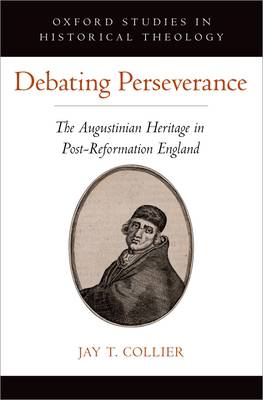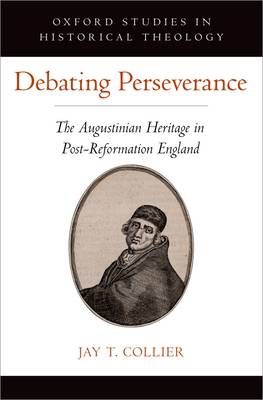
- Retrait gratuit dans votre magasin Club
- 7.000.000 titres dans notre catalogue
- Payer en toute sécurité
- Toujours un magasin près de chez vous
- Retrait gratuit dans votre magasin Club
- 7.000.0000 titres dans notre catalogue
- Payer en toute sécurité
- Toujours un magasin près de chez vous
Debating Perseverance
The Augustinian Heritage in Post-Reformation England
Jay T. (Director of Publishing, Director of Publishing, Reformat
132,95 €
+ 265 points
Description
Debating Perseverance recognizes struggles with the doctrine of the perseverance of the saints as emblematic of the Church of England's troubled pursuit of a Reformed and ancient catholicity.
Spécifications
Parties prenantes
- Auteur(s) :
- Editeur:
Contenu
- Nombre de pages :
- 240
- Collection :
Caractéristiques
- EAN:
- 9780190858520
- Date de parution :
- 08-02-18
- Format:
- Livre relié
- Dimensions :
- 243 mm x 166 mm
- Poids :
- 464 g

Les avis
Nous publions uniquement les avis qui respectent les conditions requises. Consultez nos conditions pour les avis.






